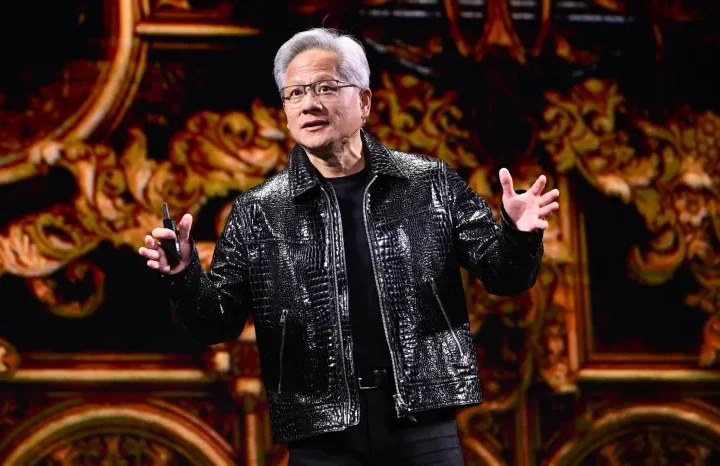Elon Musk highlighted that the algorithm doesn’t understand the intent behind a user’s interaction, especially when the motivation is negative while elaborating on one of the algorithm’s key signals sharing content.
There have been tons of social media users using the social media platform X and often wondering what pushes forward a certain kind of content on their X feed. Many have in the past pointed out that what people search, like, comment on, or retweet posts, the algorithm serves similar content to that. The owner, Elon Musk, now highlights whether this is true or not. In a post on Monday, he shed light on the inner workings of the platform.
The X algorithm works on a simple yet effective principle.
The X algorithm operates on a simple yet effective principle, which is “If you interact with content, you want to see more of that content.” This means that the engagement on the platform, such as likes, comments, and shares with posts, directly influences the algorithm’s decisions on what content to display.
What did Elon Musk elaborate on as one of the algorithm’s key signals?
Elon Musk elaborated on one of the algorithm’s key signals sharing content. He wrote, “The 𝕏 algorithm assumes that if you interact with content, you want to see more of that content. One of the strongest signals is if you forward X posts to friends, it assumes you like that content a lot because it takes effort to forward.” This means if users share a post, the algorithm interprets that action as a strong endorsement of the content, pushing forward on the feed similar items frequently.
The algorithm doesn’t understand the intent.
Musk, however, also acknowledged a flaw in this logic. He pointed out that the algorithm doesn’t understand the intent behind a user’s interaction, especially if the motivation is negative. He continued, “Unfortunately, if the actual reason you forwarded the content to friends was because you were outraged by it, we are currently not smart enough to realize that.”
In a follow-up post, Elon Musk shared his support for “freedom of speech,” sharing, “I like content that supports freedom of speech. Long live X. Long live freedom of speech.”















